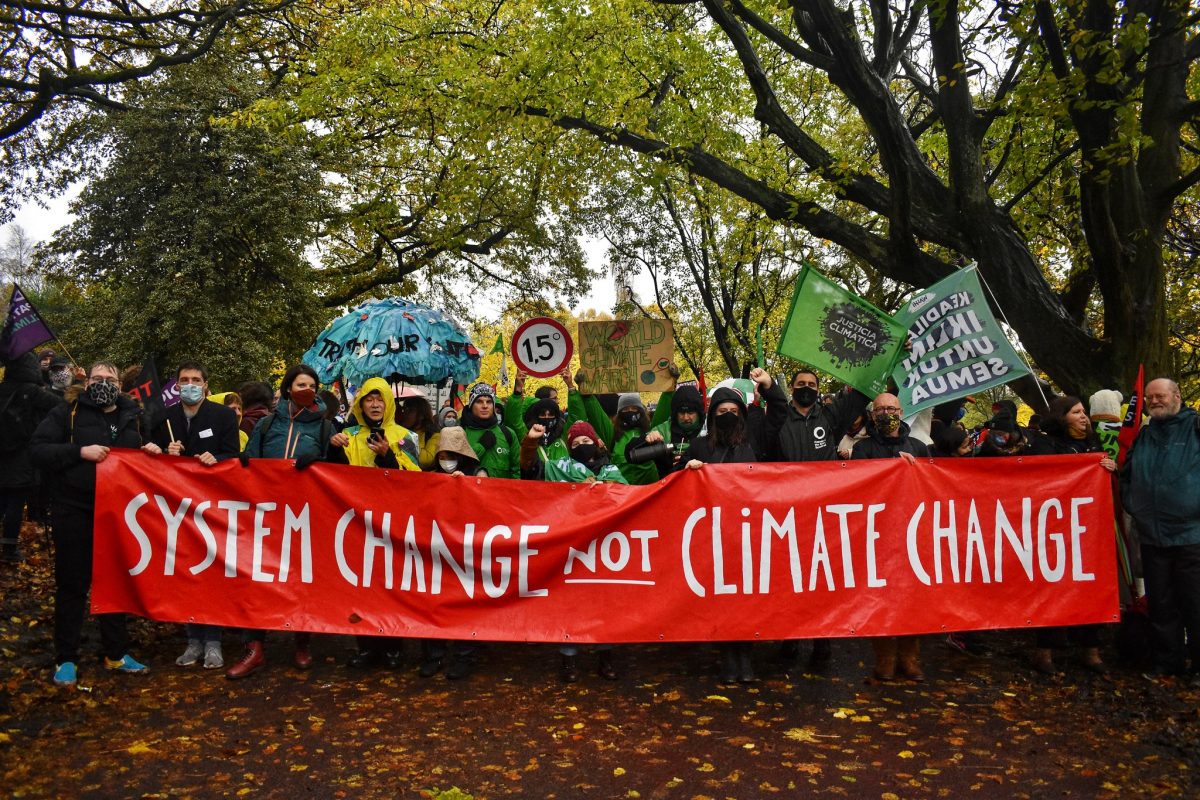
Civil Society demands people-centred solutions from UN Climate talks
This morning (Friday 6 June) Friends of the Earth, alongside other civil society groups, symbolically returned to the UN climate talks for the first time since hundreds of delegates walked out of the negotiations in Warsaw last year in protest at lack of progress [1].
The talks resumed in Bonn, on Monday, and the first week has been marred by poor attendance from environmental ministers, who are expected to revise current ambitions and focus on contributions to the Kyoto agreement, as well as discuss new post-2020 climate commitments, expected to be agreed in Paris in 2015.
Friends of the Earth is calling on European politicians to work towards an equitable, long-term, ambitious and people-centred solution to the climate crisis. The positions of many industrialised governments are increasingly driven by the narrow economic and financial interests of multinational corporations, and neglect responsibility for the prevention of climate change, and the protection of those that are losing so much as a result.
Mary Church, Head of Campaigns at Friends of the Earth Scotland said:
“We walked out of the climate talks in Warsaw because of the shameful lack of ambition of world leaders, toxic influence of dirty energy corporations, and in solidarity with those affected by climate change. We are walking back in today, stronger as promised, demanding urgent people-centred solutions and climate justice.”
“Communities are already starting to suffer irreversible losses due to climate change. Governments must act now for the people they represent and stop pandering to big business. The answer to the climate crisis lies in equity and global justice, for the sake of both current and future generations.”
The European Union’s current position at the talks is dangerously inadequate and unfair, and will force developing countries least responsible for climate change to undertake the majority of the effort and cost to tackle it. It also risks dangerously high levels of global warming [2].
Church continued: “If the EU is serious about defeating catastrophic climate change, then it needs to step up and do its fair share. This means more than 20% pre-2020 emissions reductions, binding climate and energy targets for 2030, at least 60% cuts in greenhouse gas emissions, and ambitious energy efficiency and renewables targets. Not only will these kind of targets help reduce our climate impacts, but they will bring considerable economic and social benefits including jobs and reducing fuel poverty. Scotland is particularly well placed to benefit if global effort to reduce emissions are stepped up.”
Friends of the Earth Europe is calling on European politicians to push for fast and fair emission cuts in line with science and equity, and a renewable energy-powered future that puts the interests of people at its centre. It is calling for binding EU climate and energy targets for 2030, at least 60% cuts in greenhouse gas emissions by 2030 and ambitious energy efficiency and renewables targets. This needs be alongside more ambitious pre-2020 action and financial contribution to those who needs it urgently in the developing world.
NOTES:
[1] The people’s declaration and phots can be found at http://volveremos.org/
